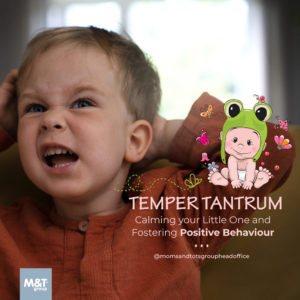Your toddler is now walking and using basic words. At this age, children love to play and explore. They begin to show some independence. They may play pretend and point at objects they want. They also begin to understand what things in the house are used for, such as a cup or spoon. Your toddler may have temper tantrums around this age, when they grow frustrated trying to communicate how they feel.
What your toddler is learning now
While toddlers may progress at different rates, the following are some of the common milestones your toddler may reach in this age group:
- Uses around eight or more words
- Points to pictures in books
- Scribbles
- Hides and finds objects
- Shows interest in other children
- Plays with blocks and puzzles
- Uses a spoon and cup
- Walks quickly
- Climbs into a chair by self
- May have tantrums
- May show interest in using the toilet
What your toddler is learning next
- Walks forward and backward
- Rolls a large ball back-and-forth
- Stoops and squats
- Turns pages of books
- Uses two- to three-word sentences
- Points to some body parts
- Sings and dances
- Imitates parent activities
What you can do to encourage your toddler’s development
- Read books together: Let your child turn pages and point to pictures.
- Talk with your child about everyday things.
- Play with your child on the floor.
- Play dress-up.
- Use routines: Toddlers like to know what to expect.
- Set clear rules and be consistent.
- Praise your toddler for good behavior.
Games and activities
- Blocks
- Farm or garage sets
- Teacup or kitchen sets
- Books
- Toy telephone
- Bubbles
- Balls
- Stack and nest cups
- Dolls or teddy bears
- Cars and trucks
- Riding toys





